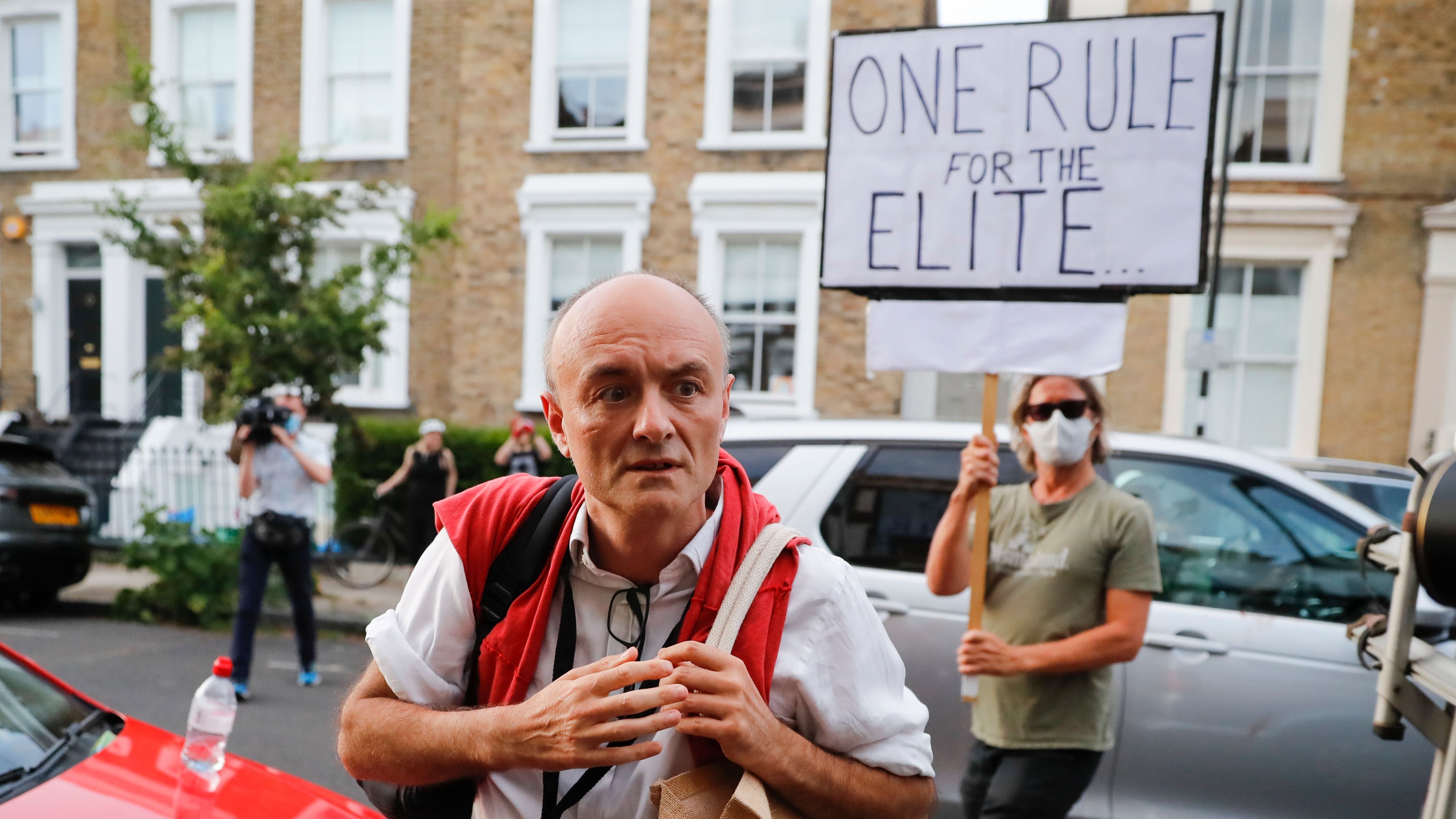Thousands of UK households getting half the advertised broadband speed
Watchdog says internet providers’ claims are ‘unrealistic’ - but crackdown is imminent

A free daily email with the biggest news stories of the day – and the best features from TheWeek.com
You are now subscribed
Your newsletter sign-up was successful
British households are paying for broadband services that are just half the advertised speeds, a study has found.
Consumer watchdog Which? looked at the result of 235,000 uses of its broadband speed checker to find out how many people are actually receiving the service for which they signed up.
Broadband customers who were paying for a 38 megabits per second (Mbps) service were receiving an average of 19Mbps, the watchdog found. And those promised a super-fast 200Mbps broadband were getting just 52Mbps.
The Week
Escape your echo chamber. Get the facts behind the news, plus analysis from multiple perspectives.

Sign up for The Week's Free Newsletters
From our morning news briefing to a weekly Good News Newsletter, get the best of The Week delivered directly to your inbox.
From our morning news briefing to a weekly Good News Newsletter, get the best of The Week delivered directly to your inbox.
The findings have been published ahead of the release next week of new Advertising Standards Authority (ASA) guidelines for internet service providers (ISPs), says Alphr.
The rules will force the firms to advertise average broadband speed figures that take into account at least 50% of households at peak hours, the tech site says. At the moment, ISPs only have to quote speed figures that account for 10% of UK households.
Welcoming the changes, Which? head of home services Alex Neill said that broadband customers have “continuously been let down by unrealistic adverts” and that internet speeds that “won’t ever live up to expectations”.
However, some critics believe the ASA’s measure do not go far enough.
A free daily email with the biggest news stories of the day – and the best features from TheWeek.com
The BBC reports that network infrastructure provider CityFibre is calling for the ASA to ban the word “fibre” in adverts if the ISP is promoting connections that also “partially rely” on copper phone wires.
CityFibre founder Greg Mesch told the broadcaster that the new rules fail to address how faster fibre connections and “copper-based services” are described in advertising, even though “the experience they deliver being worlds apart”.
-
 Why is the Trump administration talking about ‘Western civilization’?
Why is the Trump administration talking about ‘Western civilization’?Talking Points Rubio says Europe, US bonded by religion and ancestry
-
 Quentin Deranque: a student’s death energizes the French far right
Quentin Deranque: a student’s death energizes the French far rightIN THE SPOTLIGHT Reactions to the violent killing of an ultraconservative activist offer a glimpse at the culture wars roiling France ahead of next year’s elections
-
 Secured vs. unsecured loans: how do they differ and which is better?
Secured vs. unsecured loans: how do they differ and which is better?the explainer They are distinguished by the level of risk and the inclusion of collateral
-
 How cybercriminals are hacking into the heart of the US economy
How cybercriminals are hacking into the heart of the US economySpeed Read Ransomware attacks have become a global epidemic, with more than $18.6bn paid in ransoms in 2020
-
 Language-learning apps speak the right lingo for UK subscribers
Language-learning apps speak the right lingo for UK subscribersSpeed Read Locked-down Brits turn to online lessons as a new hobby and way to upskill
-
 Brexit-hobbled Britain ‘still tech powerhouse of Europe’
Brexit-hobbled Britain ‘still tech powerhouse of Europe’Speed Read New research shows that UK start-ups have won more funding than France and Germany combined over past year
-
 Playing Cupid during Covid: Tinder reveals Britain’s top chat-up lines of the year
Playing Cupid during Covid: Tinder reveals Britain’s top chat-up lines of the yearSpeed Read Prince Harry, Meghan Markle and Dominic Cummings among most talked-about celebs on the dating app
-
 Brits sending one less email a day would cut carbon emissions by 16,000 tonnes
Brits sending one less email a day would cut carbon emissions by 16,000 tonnesSpeed Read UK research suggests unnecessary online chatter increases climate change
-
 Reach for the Moon: Nokia and Nasa to build 4G lunar network
Reach for the Moon: Nokia and Nasa to build 4G lunar networkSpeed Read Deal is part of the US space agency’s plan to establish human settlements on the lunar surface
-
 iPhone 12 launch: what we learned from the Apple ‘Hi, Speed’ event
iPhone 12 launch: what we learned from the Apple ‘Hi, Speed’ eventSpeed Read Tech giant unveils new 5G smartphone line-up
-
 Russian agency behind US election meddling ‘created fake left-wing news site’
Russian agency behind US election meddling ‘created fake left-wing news site’Speed Read Facebook says real reporters were hired by fake editors to write about US corruption